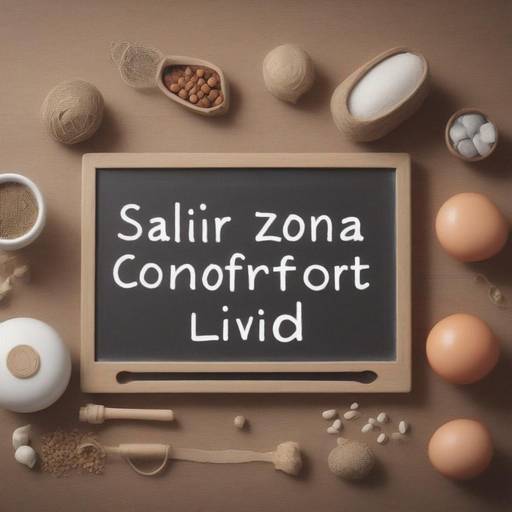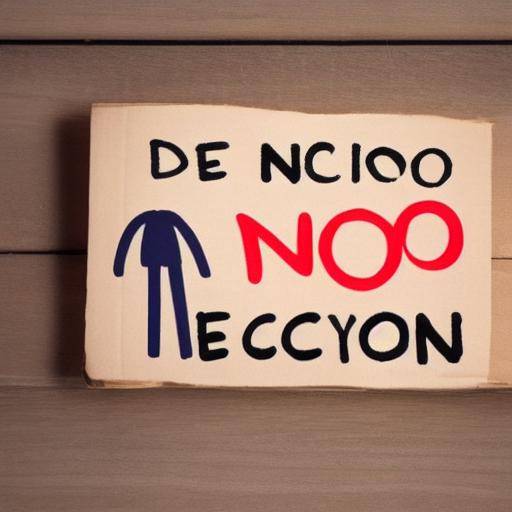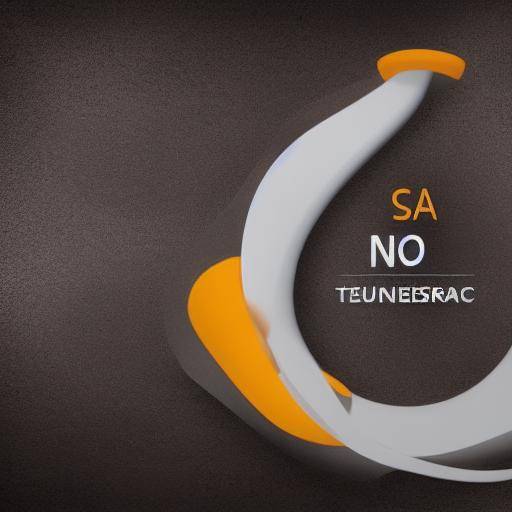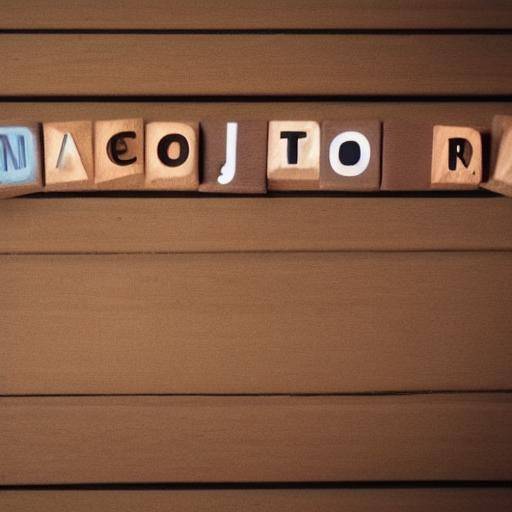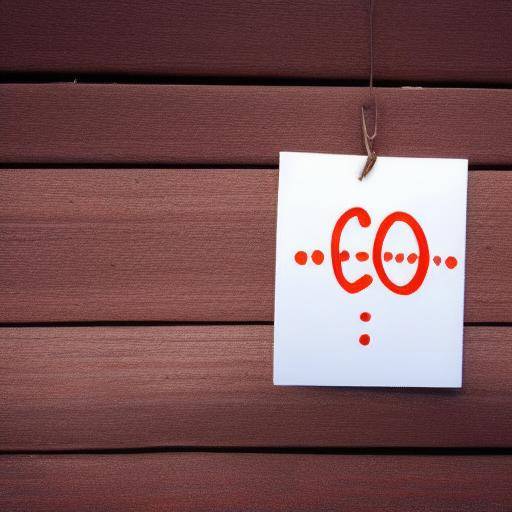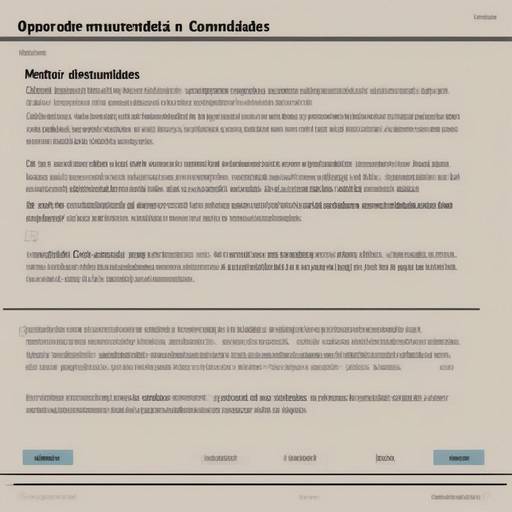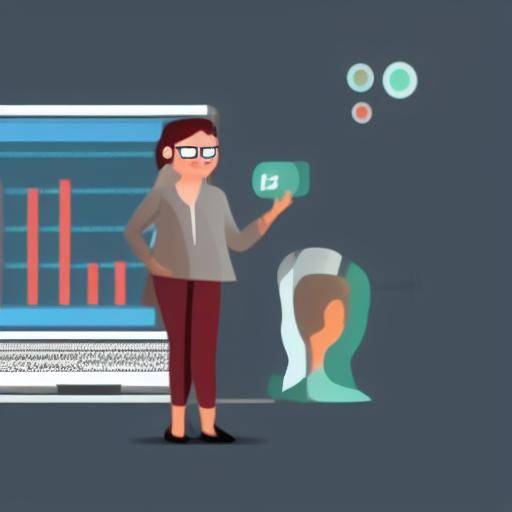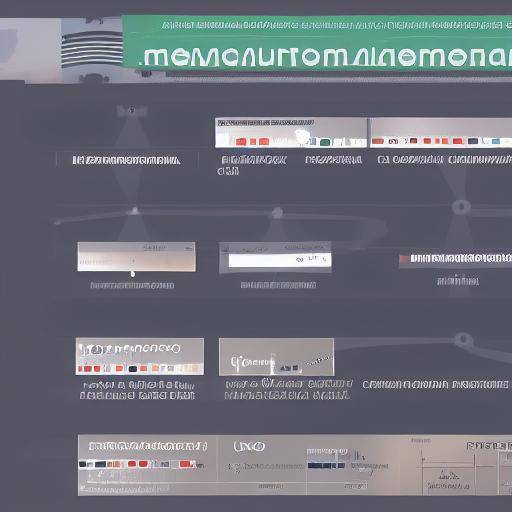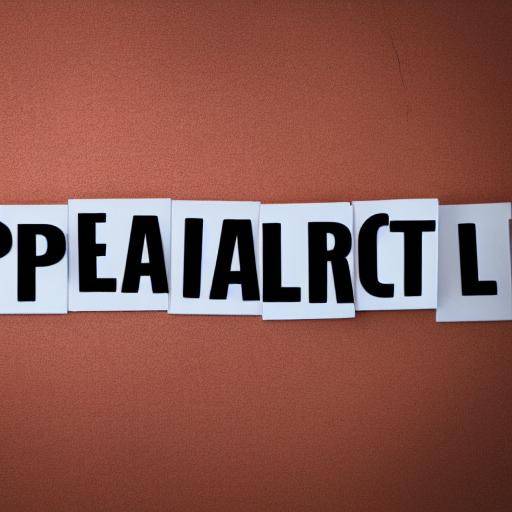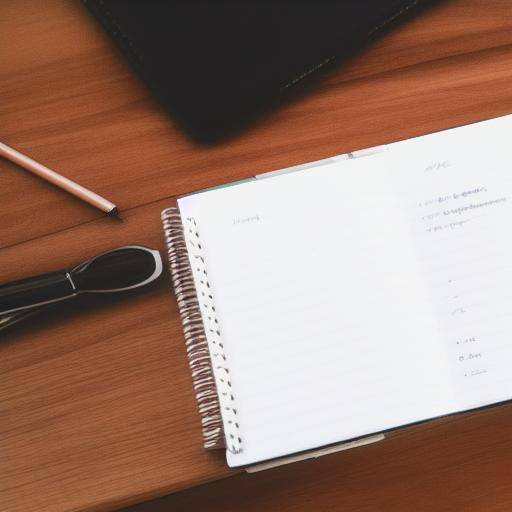
Introduction
Saying "no" is a crucial skill in everyday life. Many times, for fear of hurting or disappointing others, we find ourselves saying "yes" when we would really prefer to say "no." Learning to set limits and prioritize our needs is essential for personal growth and emotional health. In this article, we will explore how to progressively develop the ability to say "no", overcoming the fear of rejection and improving our quality of life.
History and Background
The difficulty of saying "no" has deep roots in different cultures and societies. Throughout history, kindness and generosity have been valued, which has often led to the avoidance of rejection by saying "no." From ancient times to present, the debate on the importance of establishing personal limits has been constant, reflecting the complexity of the subject.
The concept of challenging social expectations by saying "no" has evolved over the years, mainly due to a greater focus on emotional well-being and self-esteem. In recent decades, self-care and authenticity have been actively promoted, thus encouraging greater acceptance of rejection.
Development of the ability to say "no"
The progressive development of the ability to say "no" implies going through several stages. Initially, it can be uncomfortable and even distressing, but with practice and time, it can become a natural and empowering skill.
The first step is to recognize the importance of establishing personal limits. This recognition entails a deeper understanding of the need to balance one ' s own needs with those of others. Accepting that saying "no" is not necessarily selfish, but a way to protect and respect our own priorities, is fundamental in this development process.
Then it is vital to practice assertive communication. Learning to express one's limits clearly, firmness and respect for others is essential. This not only strengthens the ability to say "no," but also fosters more authentic and healthy relationships.
Challenges faced
During the development of this skill, it is common to face challenges such as fear of conflict, feeling of guilt or concern for social acceptance. Recognizing and overcoming these obstacles requires a conscious approach to self-care and self-reflection. Often, cognitive-behavioral therapy and support from loved ones can be valuable resources to overcome these challenges.
Emotional balance and personal well-being are the fundamental benefits of mastering the ability to say "no," as this leads to more equitable and satisfying relationships, reducing stress and increasing self-esteem.
Analysis in Deep
The development of the ability to say "no" not only benefits the individual, but also has a positive impact on interpersonal relationships. By establishing clear limits, mutual respect is encouraged and cumulative resentments and frustrations are avoided.
Perspectives and Statistics
According to psychological studies, people who have difficulty saying "no" tend to experience higher levels of anxiety and emotional exhaustion. This highlights the importance of developing this ability to preserve mental and emotional health.
Improvements in the Quality of Life
The ability to say "no" effectively not only allows people to prioritize their own needs, but also gives them the opportunity to engage more significantly in those activities they truly value. This leads to a significant improvement in the quality of life and overall well-being.
Detail
The process of developing the ability to say "no" can vary according to individual circumstances. It is essential to adapt different contexts and situations, which implies a deep understanding of one's own limitations and priorities.
Practices and Best Practices
Some effective strategies to progressively develop the ability to say "no" include the practice of personal reflection to identify priorities, the establishment of clear limits and the effective communication of one's own needs.
Comparative analysis
By comparing the development of skills, the ability to say "no" is intertwined with personal growth, as both imply greater self-knowledge and authenticity. Both processes require a conscious approach to self-care and the establishment of healthy limits.
Practical Tips and Accessible Tips
Some practical tips for progressively developing the ability to say "no" include:
- Practice assertivity exercises in everyday situations.
- Establish clear limits and communicate your needs firmly and respectfully.
- Find emotional and psychological support if you feel significant difficulties.
Industry Perspectives and Expert Reviews
Experts in the field of emotional well-being and psychology emphasize the importance of developing the ability to say "no." They recognize that this skill is fundamental to preserving mental and emotional health, and fostering more authentic and satisfying relationships.
Case Studies and Real Life Applications
Case studies that present the effective application of the ability to say "no" in labor, social and personal situations highlight the significant benefits for both the individual and his environment.
Future Trends and Predictions
As society attaches greater importance to self-care and authenticity, the development of the ability to say "no" is expected to acquire even greater relevance. This trend involves promoting healthier and more equitable relationships in all spheres of life.
Conclusion
Progressively developing the ability to say "no" is a fundamental process in personal growth. By establishing clear limits and communicating our needs in a assertive manner, we foster more equitable and satisfactory relationships. Through constant practice and proper support, we can overcome fear of rejection and significantly improve our quality of emotional life.
Frequently asked questions
How can I overcome the feeling of guilt by saying "no" to others?
Overcoming the feeling of guilt by saying "no" begins with a deep understanding of the importance of self-care. Recognizing that prioritizing our needs is not selfish, but necessary for emotional well-being, it is fundamental. If the feeling of guilt persists, seeking emotional and psychological support can be beneficial.
What are the benefits of saying "no" progressively in the workplace?
Saying "no" progressively in the workplace allows people to prioritize important tasks, reduce stress and improve their productivity. In addition, it promotes healthier and more equitable labour relations, which in turn can lead to a greater sense of satisfaction at work.
How can I start practicing assertive communication to say "no"?
Practicing assertive communication means expressing clearly and respectfully the limits and needs themselves. Starting with low-pressure situations and practicing assertive responses can help strengthen this ability. In addition, looking for resources such as books or courses on assertiveness can provide useful tools to improve communication.
Do cultural differences exist in the way the ability to say "no" is perceived?
Yes, cultural differences can influence the perception of the ability to say "no." In certain cultures, kindness and generosity can be especially valued, which can make saying "no" more challenging. It is important to understand and respect these cultural differences by progressively developing the ability to say "no", adapting communication strategies to specific cultural norms and expectations.
What is the importance of establishing personal limits by saying "no"?
Establishing personal limits by saying "no" is fundamental to preserving emotional health and maintaining equitable relationships. By clearly and firmly communicating our needs and limits, we foster more authentic and satisfying relationships, reducing stress and increasing self-esteem.
How can I maintain a healthy balance between saying "yes" and "no" in different spheres of my life?
Maintaining a healthy balance between saying "yes" and "no" implies a deep understanding of one's own priorities and abilities. Practice regular self-evaluation to identify personal limits and needs is essential. In addition, establishing clear priorities and communicating decisions assertively contributes to maintaining this balance.
Final Notes
Developing the ability to say "no" progressively is a journey involving self-knowledge, practice and emotional support. By prioritizing self-care and establishing healthy boundaries, we foster more authentic and satisfying relationships, while preserving our mental and emotional health. This development process is crucial to personal growth and overall well-being.



